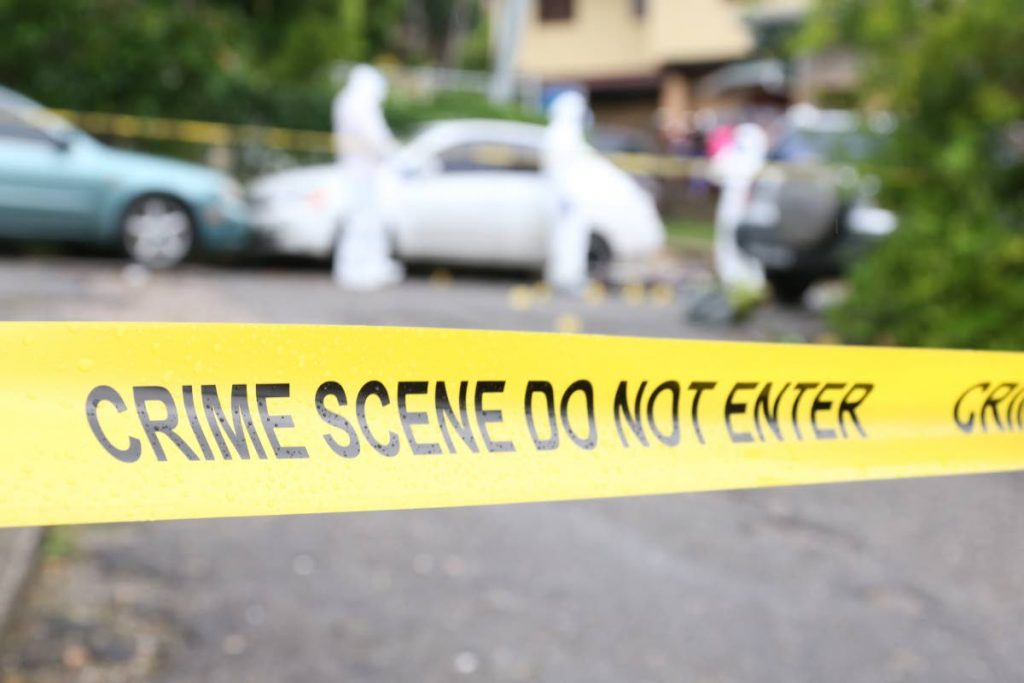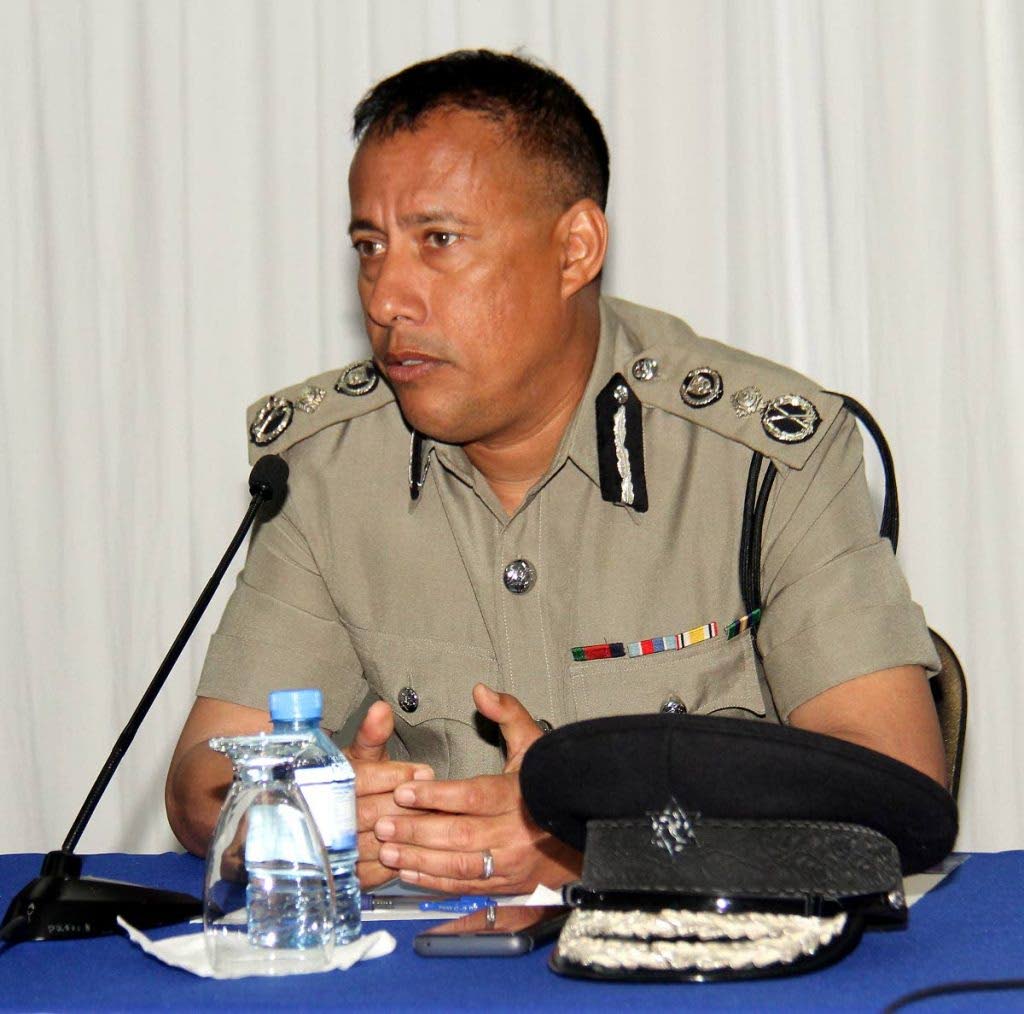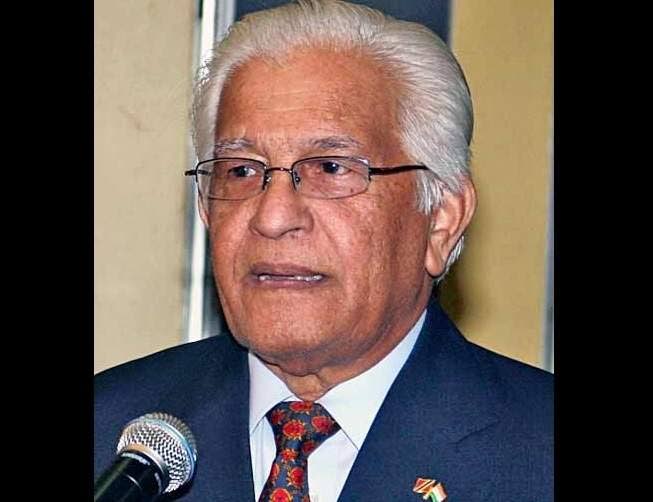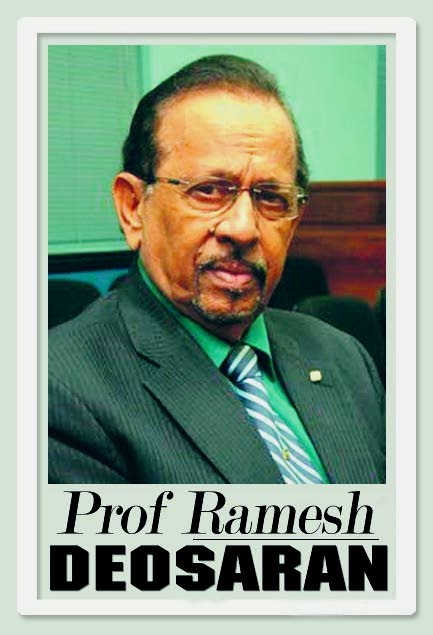UWI's crime plan to Panday still relevant

Perhaps because of citizens' fright level, many would convey their concerns to me.
One came from a retired senior police officer who reminded me of the meetings in 1996 between a UWI-led Anti-Crime Committee and the Basdeo Panday-led cabinet.
There was an agreement to use this civic-government partnership to deal with what was then seen as "escalating murders and crime." Given the composition and proposals of the Anti-Crime Committee, and as Panday noted, it was a "historical occasion." I will say more later.
I was attracted to Martin Daly's remarks last Sunday when he said: "The Police Service has no moral authority to blame others for the rampant murders until it can catch the killers, traffickers and thieves." He added: "Show-piece raids, swagger and threats will not accomplish that vital objective. There have been 25 years of making excuses for doing neither the policing nor the socio-economic development job."

Fighting crime includes arrests, detection, prosecution and more. Public fear of crime in 1990 with a murder rate of 100 remains the same in 2019, with a murder rate of 540. Such complexity in fighting crime is worsened when policing and security measures seem to fail year after year.
Briefly, crime has sociological foundations, for example, how deviant attitudes and behaviours germinate from certain socio-economic conditions and committed by certain groups and individuals. This is part of what Daly referred to. Not everybody likes to hear that. They believe that such conditions do not matter, that each offender must bear consequences and be punished, ignoring that the conditions which produced this offender will likely produce more of the same. Hence, gangs and armed violence proliferate and are re-produced.
Then there are the psychological conditions, for example, why some people are motivated to commit crime while others in the same socio-economic conditions or family do not. Is it a differential opportunity, damaged self-esteem, peer pressure, reward or failed, stigmatised schooling as Daly warned. Understanding helps generate sustainable solutions.
Of course, there is sentencing and punishment according to the seriousness of the crime. Attempts to rehabilitate often come too late. This summary speaks about sustainable crime prevention, crime management and control in multi-faceted ways since crime itself is multi-faceted in both cause and consequence. Not an easy task but an approach better than what has been failing time and again.
In fact, this was part of the National Action Plan Against Crime (NAPAC) presented by the 17-member UWI Working Group in Caribbean Criminology (WGCC) to the Panday government on January 22 and February 12, 1996. As chairman of this UWI-led group, and after several members' meetings, I sent the draft plan to all 17 members for review. UWI principal Professor Max Richards formally presented the plan to the PM on January 22, 1996. Panday said he was "extremely happy for the assistance since crime was his 'number one problem.'"

The plan stated: "There is great public and official concern over the complex problem of crime. There is now a great need for widespread support and determined, sophisticated actions against crime on all fronts. Time for action and less talk overdue." Panday agreed to provide the first grant of $5 million to help the joint mission move forward. Mysteriously, that promise never materialised.
The other 16 members were: Ken Gordon (vice-chairman), criminology professor Richard Bennett; Kenneth Lalla (then chairman of the Police Service Commission), criminal justice professor Daniel Mair-Katkin; Jules Bernard (then-police commissioner); justice professor Jagan Lingamneni; businessman Frank Mouttet; attorney Dana Seetahal; Rawle Richardson (director, school supervision); Frank Ramnanan (TTUTA representative); Jennifer Sampson (permanent secretary, Ministry of Social Development); Verne Sylvester (superintendent of prisons); James Clarkson, (ACP, Grenada); Dr Hamid Ghany, (UWI); Shirley Christian-Maharaj (CSO); Vasant Ramkissoon (assistant chief probation officer).
The plan contained 12 major headings with specific items within each heading for further development and implementation. These included training senior and junior police in all aspects of administration, enforcement, leadership, court evidence, performance evaluation, community policing, domestic violence prevention, etc; teachers in classroom management, mediation, preventing drug abuse, reducing student violence and delinquency, etc; crime statistics, analysis, policymaking; review of all juvenile legislation, rehabilitation and reforms; community advisory councils at each police station; half-way houses and probation system, sentencing alternatives; review of magistrates' lists and minor offenders; community-based mediation centres; reducing and controlling white-collar crime, reforms to roles of insurance supervisor, industrial safety officers and so on.
All still relevant in 2020.



Comments
"UWI’s crime plan to Panday still relevant"